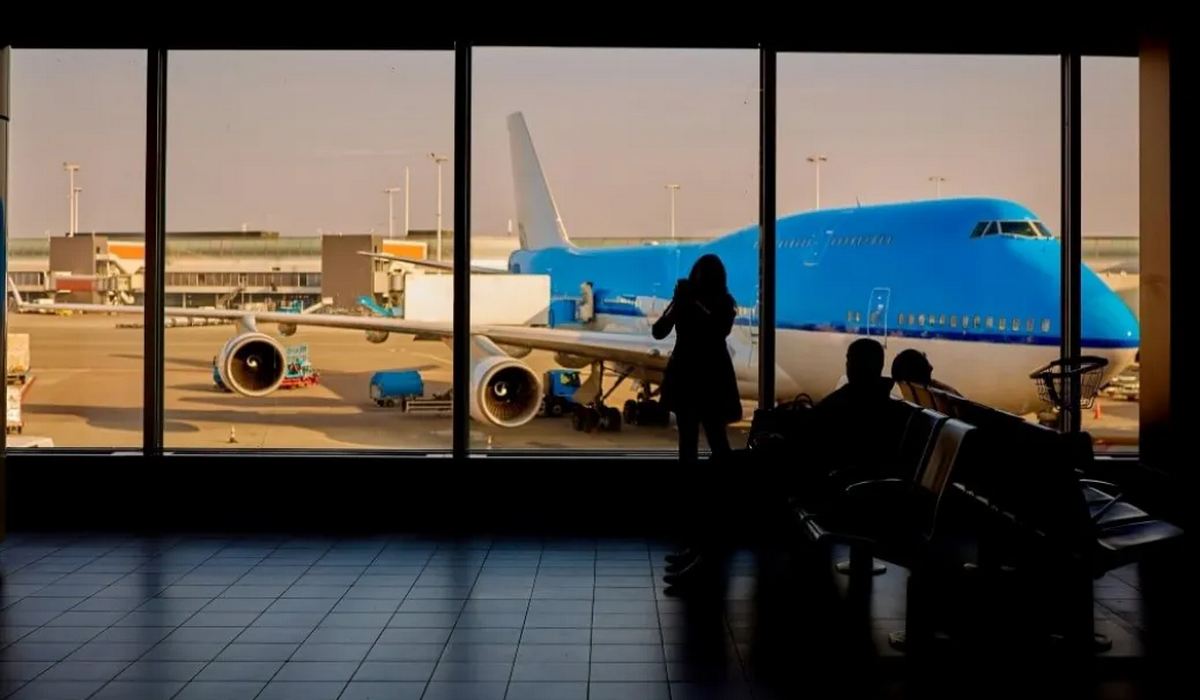France’s aviation industry is facing turbulence — and many say it’s self-inflicted. Following the 2025 budget, the government tripled the “solidarity tax on airline tickets” (TSBA), effective since March.
The measure adds €4.77 per domestic or intra-European ticket, rising to €120 for long-haul business-class fares.
Once billed as a social measure, it’s now being blamed for reduced traffic, weaker profits, and shrinking competitiveness.
From advantage to burden
A DGAC (Directorate General of Civil Aviation) study confirms airlines have passed the full cost onto passengers, adding up to 2% inflation in ticket prices.
Higher “touchdown costs” — landing, parking, passenger services — are eroding the appeal of major hubs such as Paris Charles de Gaulle.
Since Q2 2025, seat capacity from France has grown just 1.4%, compared with 4.7% across Europe.
Expectations of a post-Olympic travel boom have faded, as transit passengers reroute through other European hubs to avoid higher taxes.
Industry backlash
The National Federation of Aviation and its Trades (FNAM) called the move “self-defeating,” undermining both aviation and France’s tourism appeal. Even the DGAC notes a “deteriorated competitive position” threatening jobs and routes.
Air France-KLM CEO Benjamin Smith said the levy harms aviation, tourism, and hospitality alike, while the Union of Autonomous Airlines (Scara) argues higher fares push travelers to foreign carriers.
Business aviation hit hardest
The business jet segment is suffering the steepest decline. French operators report sharp drops in activity, while international firms have gained market share.
According to EBAA France, the new system is “unfair and discriminatory.”
Revenue vs. reality
The tax is projected to raise €850 million annually, most of which will go to the general state budget.
Environmental advocates back the policy, but economists argue passenger behavior depends more on airline strategies and travel demand than on taxes alone.
What’s next
As lawmakers prepare the 2026 budget, pressure is mounting for a partial rollback or reform of the tax.
Without relief, analysts warn, France risks losing air traffic and tourism revenue to competitors like Spain or Germany.
